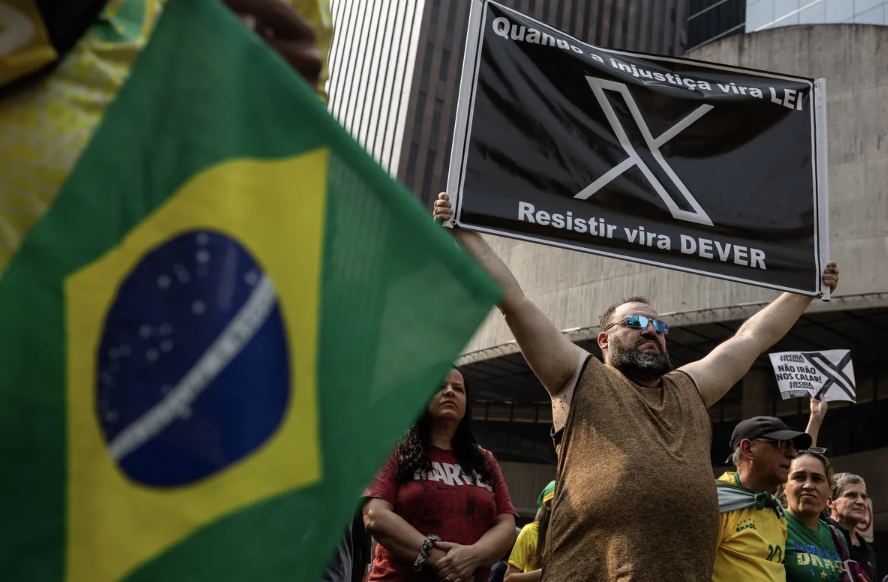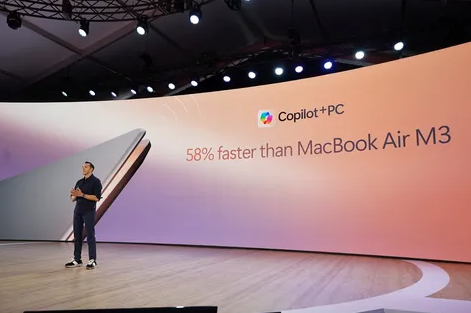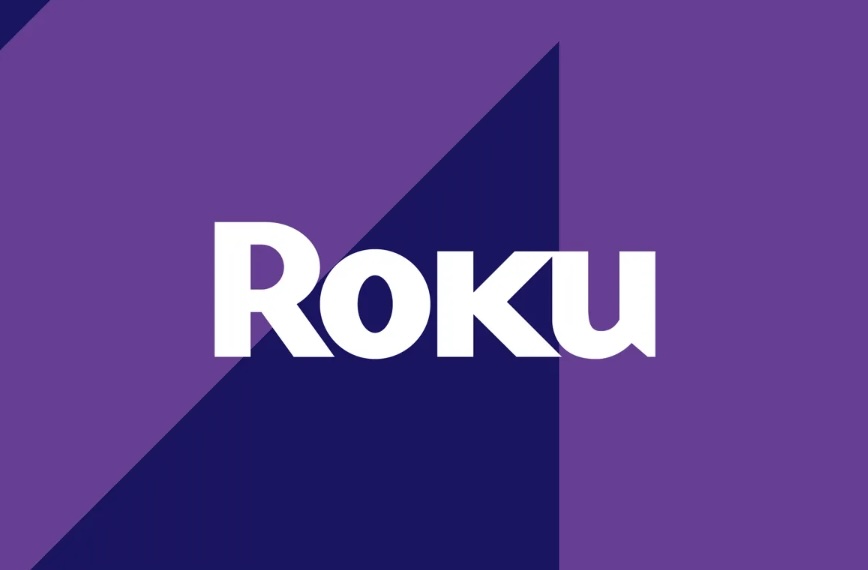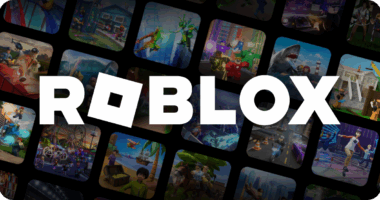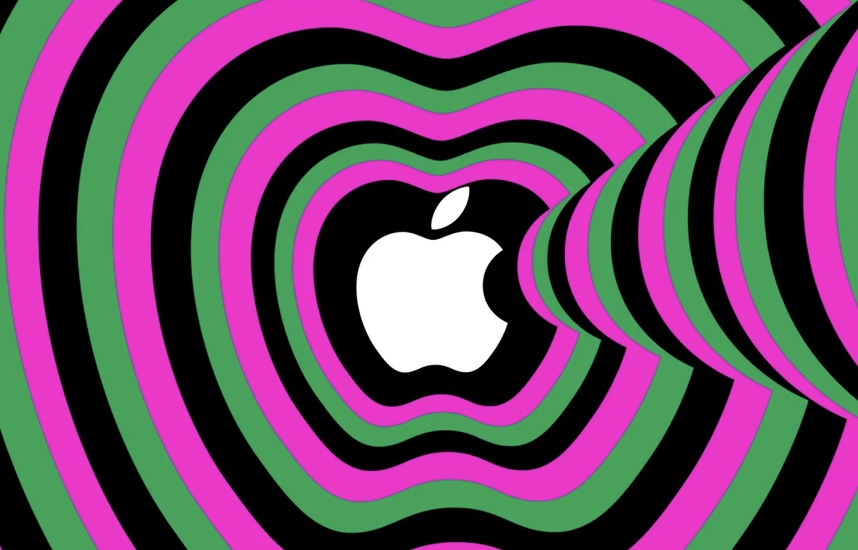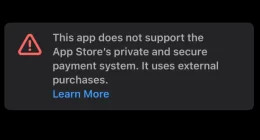Elon Musk faces challenges in Brazil as the Supreme Court has banned X (formerly Twitter) due to non-compliance with local regulations. This ban, enacted on August 30, stemmed from Musk’s defiance of court orders regarding information disclosure and the appointment of a legal representative in Brazil. As negotiations unfold, Musk’s public stance has been confrontational, criticizing the court’s decisions and rallying support from far-right influencers.
Despite the ban, X briefly resurfaced for some users following an update that allowed it to bypass service provider blocks. Musk’s actions have raised concerns about his influence in Brazilian politics, particularly as he aligns with the country’s far-right factions. This relationship has intensified, with Musk supporting pro-Bolsonaro demonstrations and interacting with far-right figures on social media.
Experts note that Musk’s tactics reflect a broader resistance against regulatory oversight of tech companies in Latin America. His engagement in Brazilian politics highlights a strategic maneuver to maintain control over X’s operations while challenging local governance. As competing platforms like Bluesky gain traction, Musk’s position could be interpreted as either a bid for sovereignty or a calculated play to bolster his brand amidst regulatory conflicts.
In conclusion, Musk’s navigation of the X ban in Brazil illustrates the intricate dynamics between technology, politics, and corporate power, raising questions about the future of digital regulation in the region.

